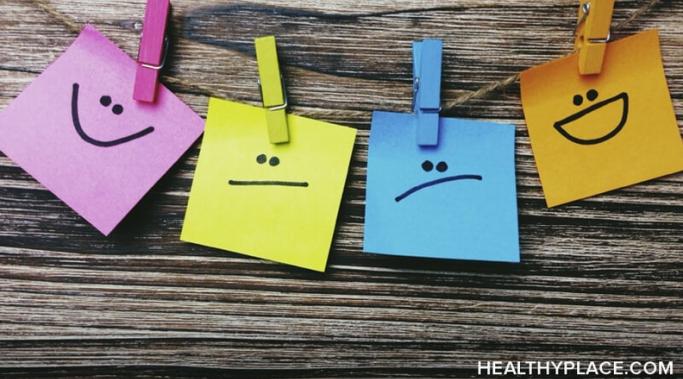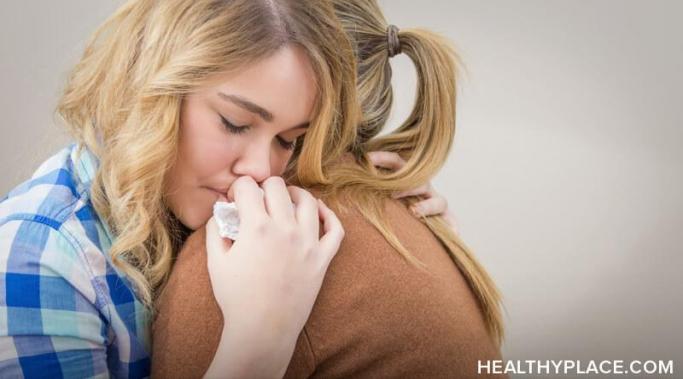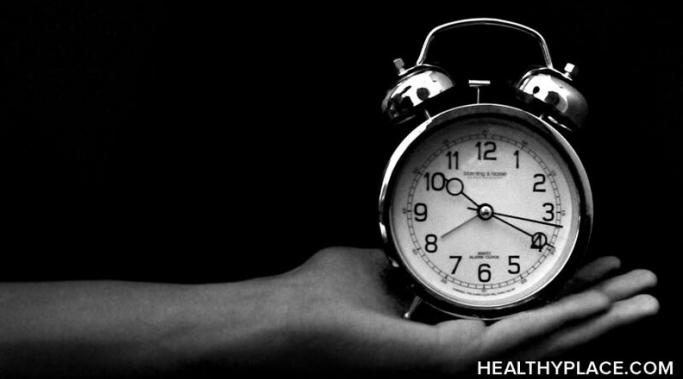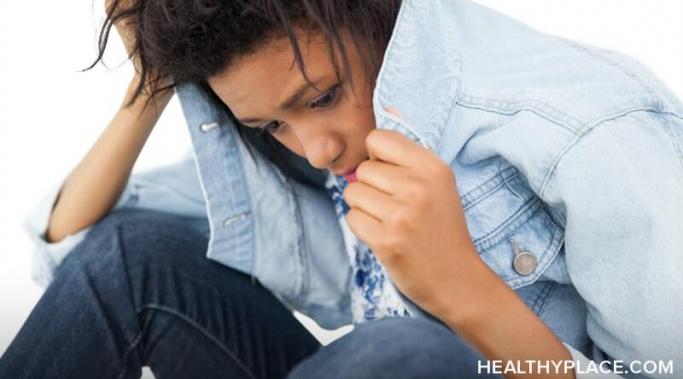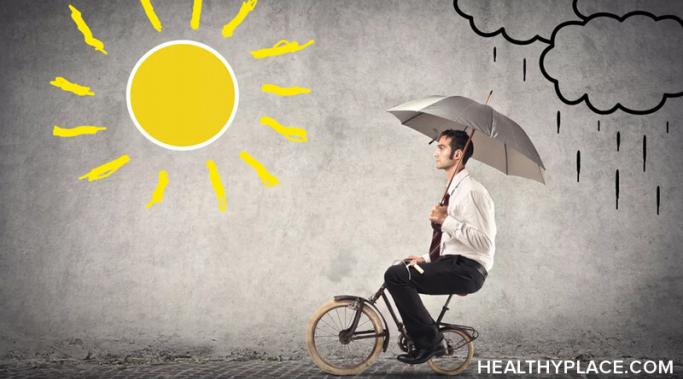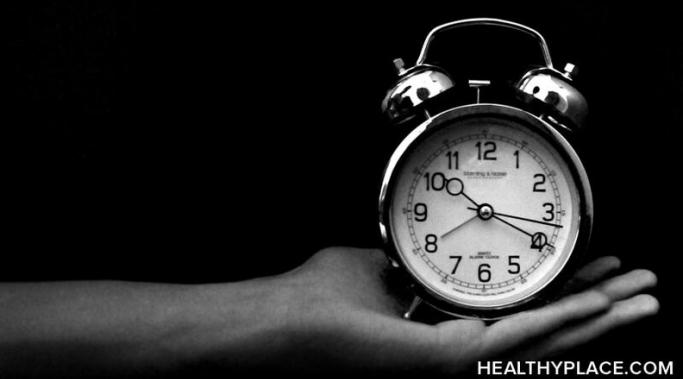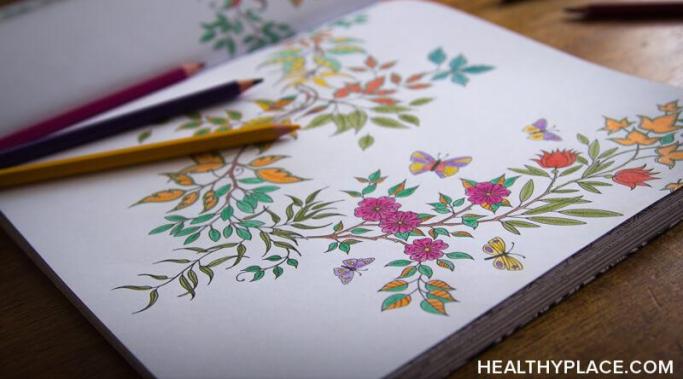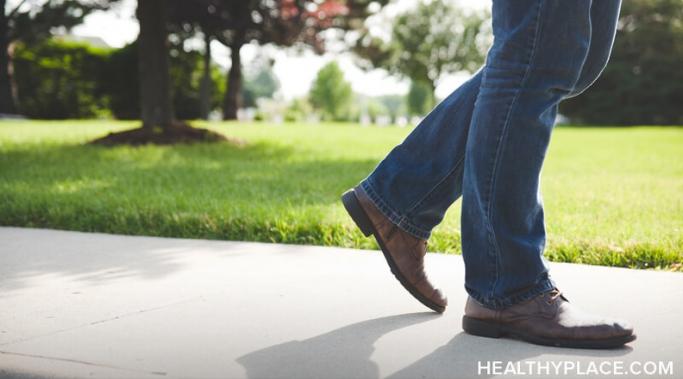Posttraumatic stress disorder (PTSD) is a difficult disorder to carry throughout life, so you need to learn how to manage PTSD triggers. The symptoms of PTSD can be debilitating, and it's hard to predict when they're going to strike. Any sight, sound, smell, or conversation can cause an unwanted traumatic memory to pop up in your mind, disrupting your sense of peace. Learning to cope with PTSD starts with identifying the triggers that cause you distress. If you are able to predict what types of stimuli might cause you to get stuck in a traumatic memory, you will be better prepared to manage the PTSD triggers throughout your day.
PTSD Recovery Tips
Posttraumatic stress disorder (PTSD) and grief are very similar at their core. They crash into our lives like a train skidding off the rails, wreck everything that we once knew, and leave us picking up the pieces of our lives in the wreckage. And for some, grief and PTSD occur at the same time. Traumatic events that involve the loss of something or someone special (a car accident, for example) can cause people to develop PTSD and feelings of grief concurrently. For others, trauma and grief occur at different points in their lives but still overlap, forcing them to deal with the emotions of both.
Deciding to tell someone about your posttraumatic stress disorder (PTSD) diagnosis can be a stressful decision. It's tough to open up about your mental health, especially after going through a traumatic experience. Will people understand? Will they judge you?
Suicide can be a tough topic to discuss among those suffering from posttraumatic stress disorder (PTSD). Though around 56% of people with PTSD experience suicidal thoughts, ideation, or actions, admitting to having those feelings can feel shameful. (Note: This post contains a trigger warning.)
Shame and suicidal thoughts are often part of living with complex posttraumatic stress disorder (PTSD), especially after childhood trauma. When you are experiencing shame, those thoughts can become worse. Understanding how to identify shame and have self-compassion can help with suicide prevention. (Note: This post contains a trigger warning.)
Depression is a common symptom of posttraumatic stress disorder (PTSD). After someone goes through a traumatic experience, it's normal to feel sorrow, confusion, and anger--all of which can manifest into depression.
Posttraumatic stress disorder (PTSD) and insomnia can go hand-in-hand. Insomnia is one of the most common sleep disorders in the world. With around 10-30% of the general population suffering from insomnia, it's normal to know a friend or two that has trouble sleeping at night. Because insomnia is such a common condition, it's often left out of the discussion around posttraumatic stress disorder. But with sleep disturbances proven to increase daily distress and dysfunction in the 80-90% of PTSD patients with insomnia, it's a PTSD symptom that shouldn't be forgotten.
Posttraumatic stress disorder (PTSD) nightmares make life tiring. When you live with PTSD nightmares plus anxiety, depression, hypervigilance, and flashbacks (all common occurrences in the day-to-day lives of people with PTSD), it's no wonder around 70-91% of people with PTSD have trouble sleeping at night.
Did you know that using art for posttraumatic stress disorder (PTSD) can help you cope with the symptoms of PTSD?
When I explain my posttraumatic stress disorder (PTSD) startle response to people who don't have much knowledge about the disorder, I like to describe my brain as being "stuck in survival mode." It's the easiest way to describe how I feel to people who don't have PTSD because everyone understands what "survival mode" means.

